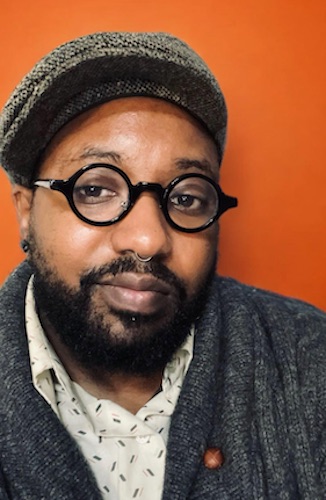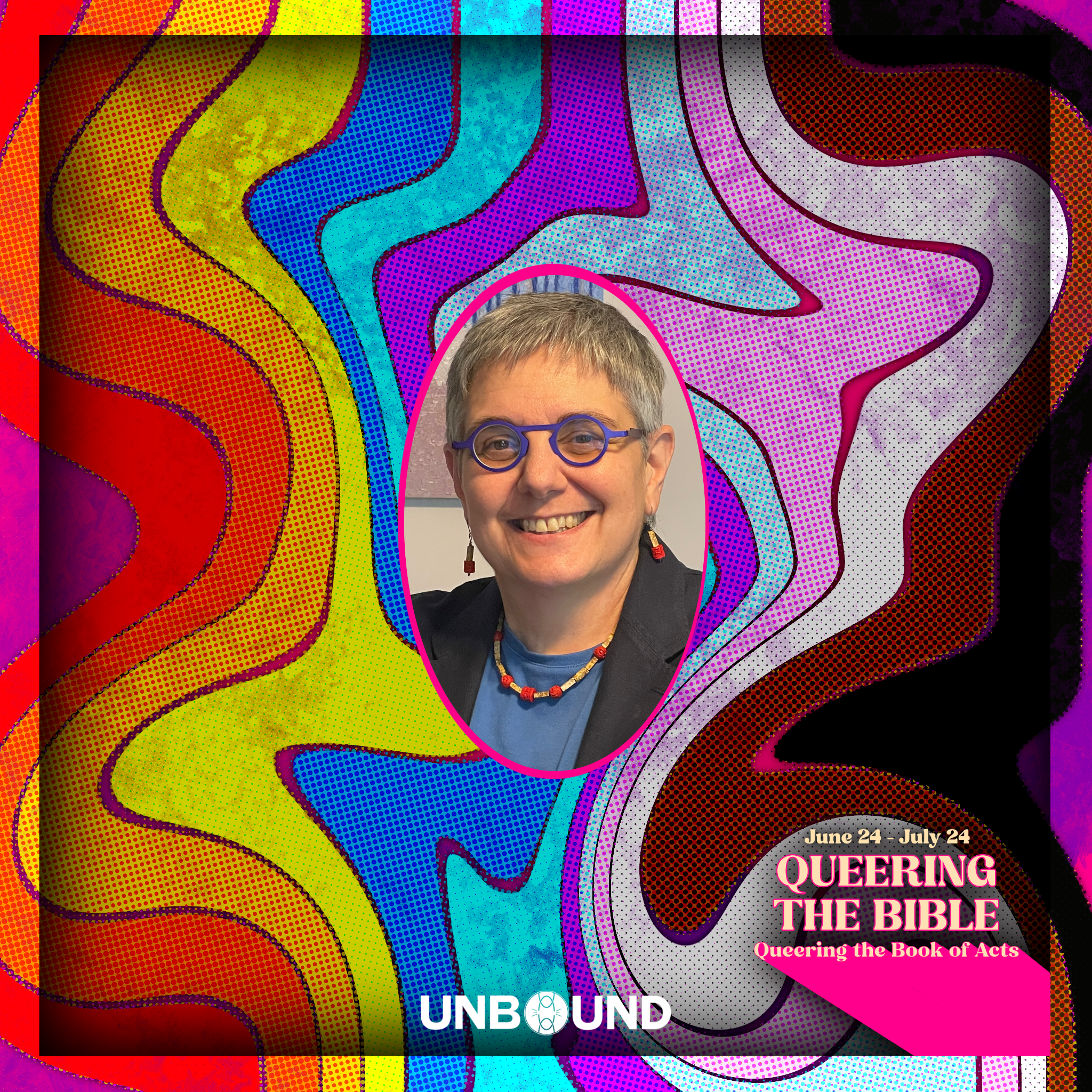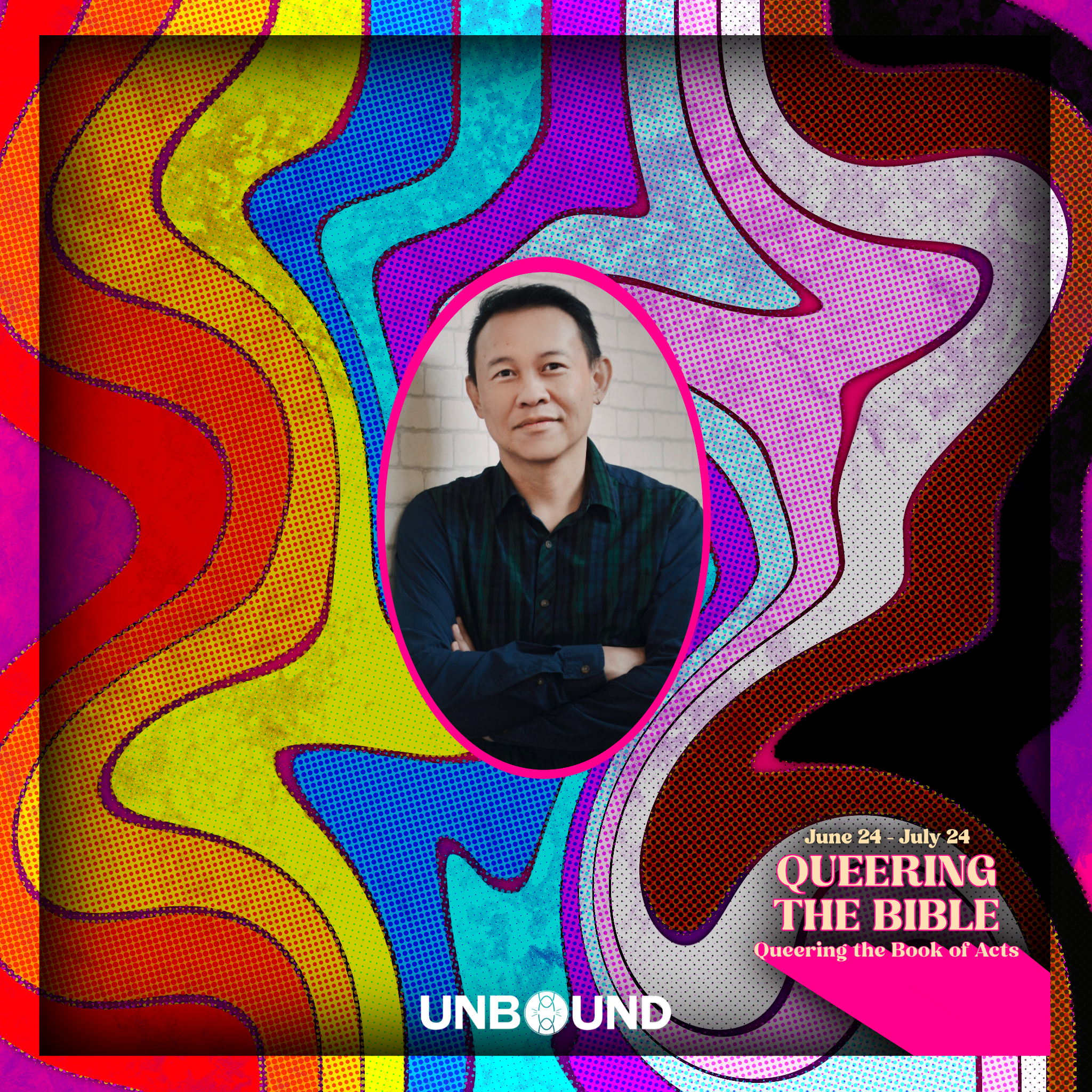Every June, Pride festivals happen across the globe to celebrate the incredible resilience and power that comes from queer identity and queer community. During Pride, we remember the people who fought for visibility and acceptance in the early gay rights movements of the 50s, 60s, and 70s as we continue to pursue queer liberation today. To me, Pride is much like the Book of Acts in this way, serving as a window into the early days of gay liberation, retelling the story of how queer people of the past laid the foundations for the vibrant community and bold movements of today. When we peer through the lens of Pride, we reflect on the history of persecution predating the Lavender Scare of the 1950s and the police raids that provoked the Stonewall uprising. We witness the thousands of martyrs reflected in the individual squares of the AIDS quilt. We transform the songs sung by drag queens from the stages of smokey bars into today’s protest chants, bringing people together. In a lot of ways, Pride and the Book of Acts mirror each other.
As much as the history of queer movements and the history of the church mirror each other, one place where Acts stands alone is in Acts 9, the conversion of Saul. Acts 9 is a pivotal moment in this overarching story that seems to occur out of nowhere. A dedicated Pharisee and Roman citizen, Saul pursued Jesus’ followers with unmatched fervor. He watched the stoning of Stephen with approval and starts off Acts 9 “still breathing threats of murder against the disciples of the Lord” (9:1). We get the idea that Saul is the picture-perfect image of religious zeal and theological certainty. He demands the letters to the synagogues and sets out for Damascus, where he plans to arrest as many followers of The Way as he can. Things get complicated on the road as he hears the voice of Jesus coming from everywhere and nowhere asking “why do you persecute me?” After a flash of light, scales cover Saul’s eyes, the world goes dark, and he doesn’t eat or drink for three days until a disciple, Ananias, lays hands on him and “fills him with the Holy Spirit” (9:17), altering Saul’s path from that of the community’s chief persecutor to its budding champion.
I feel an uncomfortable resonance with Saul that is difficult to admit. In sharing, I wonder just how many other queer people coming from anti-queer religious backgrounds feel similarly. I remember a time where I was vehemently anti-trans even though I was out as queer. Anytime the queer student group I was part of mentioned trans advocacy, I felt a pang in my stomach that triggered all of the transphobic thoughts I had internalized in an effort to distance myself from trans people. My transphobia was a knee-jerk reaction to something I hated about myself. I didn’t want people to suspect that I, myself, might be trans and did everything I could to create and maintain distance.
I didn’t start to accept myself until a friend directly challenged my transphobia. They asked my why I was so opposed to trans people and whether I had made an effort to get to know a trans person. I had no rebuttal apart from the anti-trans soundbites I had internalized in my youth. When I finally started to accept myself, it was as if the world had gone dark. I didn’t know how to proceed as everything I previously believed about myself seemed untrustworthy. I was scared and sad, desperately grasping for something that made sense. I was a stranger to myself in an even stranger world— a world in which I embodied that which I opposed.
Perhaps this distressing similarity is the origin of my love for Saul. I wonder what made Saul feel so threatened by the disciples that he would become the church’s enemy. Perhaps he recognized their religious devotion in himself and felt that he needed to prove he wasn’t like them. He took up persecution as the path to proving his own righteousness in accordance with the Law. When Saul, equipped with his soundbites and a religious fervor that surpassed the traditions of his ancestors (Gal 1:14), encounters Jesus on the road, all Saul can do is fall to the ground and let the scales covering his eyes guide him towards the change he needed in his life.
The invitation to settle into the transformative, liminal darkness alongside Saul is where queer people, unlearning homophobia and transphobia, can find companionship as they take their first steps out and into the queer world. Narratively, Acts doesn’t tell us what Saul went through in those three days besides that he was blind, hungry, and thirsty. The hunger and thirst Saul felt may have been physical, but it was certainly spiritual. Robin Myers discusses grace in his book Spiritual Defiance: Building a Beloved Community of Resistance as “that which can only fill empty space” (17). Myers writes:
Nothing can move into a room that is already fully occupied, which is why idolatry is at the top of the list of the Ten Commandments. It is the [parents] of all sins. Something else is taking up all the space we are supposed to keep hollowed out for God… For this reason, Jesus pronounces a blessing on those who hunger and thirst for righteousness— they will be filled because they have available space (17).
When we are filled with our own certainty there is no room inside us for the Spirit to move. If the Spirit cannot move, it cannot transform us. In the dark, the Spirit revealed to Saul who he had been so he could confront it on his path to becoming who he was meant to be. By the time Ananias arrived to lay hands on him, he was ready to receive the transformational force that would start him on his new path.
Saul’s conversion is more than an example of grace and forgiveness, it is a model for how a person’s life can change when they accept the truth of who they are and surrender the benefits and privileges afforded those belonging to the status quo. Saul’s acceptance of the Holy Spirit showed him a power greater than what he held as a Roman citizen and as a Pharisee. In his ravenous darkness, Saul learned that he could be forgiven even though he had done nothing to earn it. His identity as a Roman citizen no longer mattered because he realized that he was never the arbiter of righteousness he had previously considered himself to be. If God could forgive him, then the community he once persecuted could too, in time and with measures to address the harm he caused. After his conversion, his power came from the generosity, support, and trust of the community standing alongside him outside the bounds of mainstream society.
Queer power lies within the communities we create, our art and expression, and in our bold existence outside of the status quo. We exist regardless of whether mainstream society approves of us. Our power does not come from having authority over others. It comes from something much bigger. Our power comes from a zeal for life that encourages us to live loud and proud with Love as our guide. Our power and our beauty come from the knowledge that we have always existed and we always will. No law, policy, or ordinance, nor any amount of hate can change that. We are resilient because we must be, but in that resilience is also the strength to forgive our own self-loathing. In community, we learn to love ourselves back to life.

Taj M. Smith (he/him) is the founder of Rooted Respite, an online burnout support community serving activists, DEI practitioners, faith-based changemakers, and others committed to creating a more equitable world. As a Black transgender entrepreneur, Taj’s work amplifies anti-oppressive thinking and a worldview dedicated to bringing people back into relationship with themselves, each other, and the land.
Taj is a coach, writer, and speaker with a creative passion for music and literature, particularly sci-fi and fantasy. His written work explores the ways sci-fi overlaps with spirituality, justice, and identity to create hopeful futures.
His writing appears in Sojourners, Huffington Post, andthe Harvard Divinity Bulletin. His own transition story was published in Austin Hartke’s book Transforming: The Bible and the Lives of Transgender Christians. He holds a BA in Politics from UC Santa Cruz and an MDiv from Harvard Divinity School.



Unbound Social